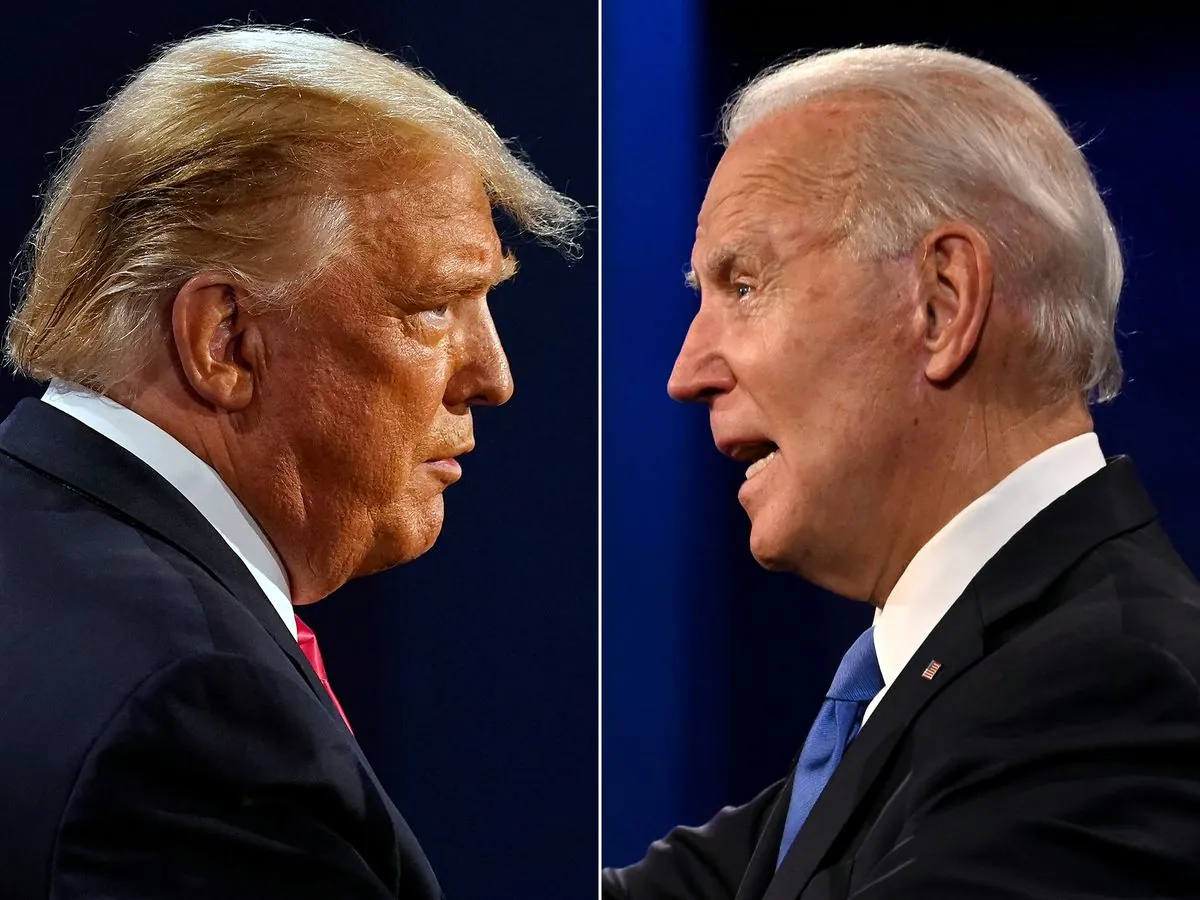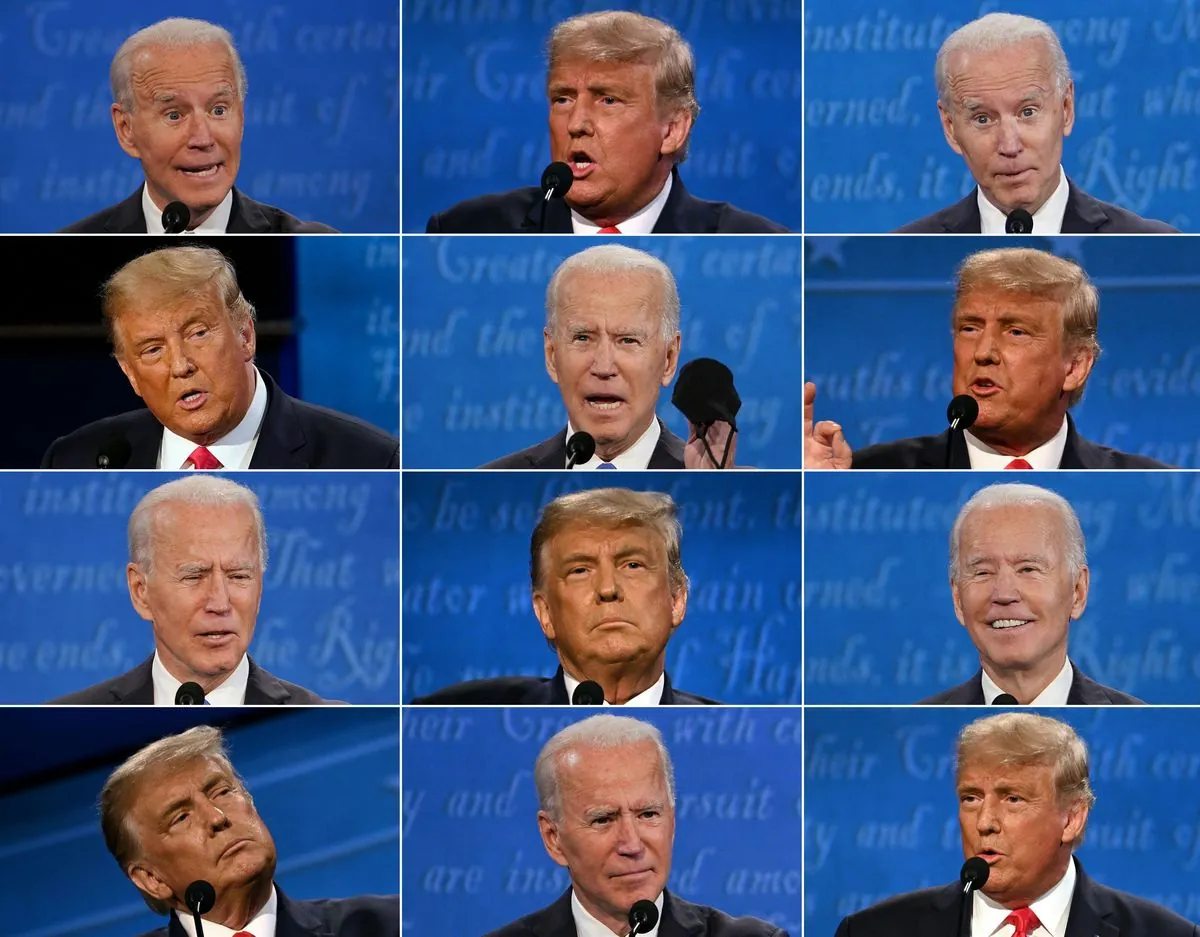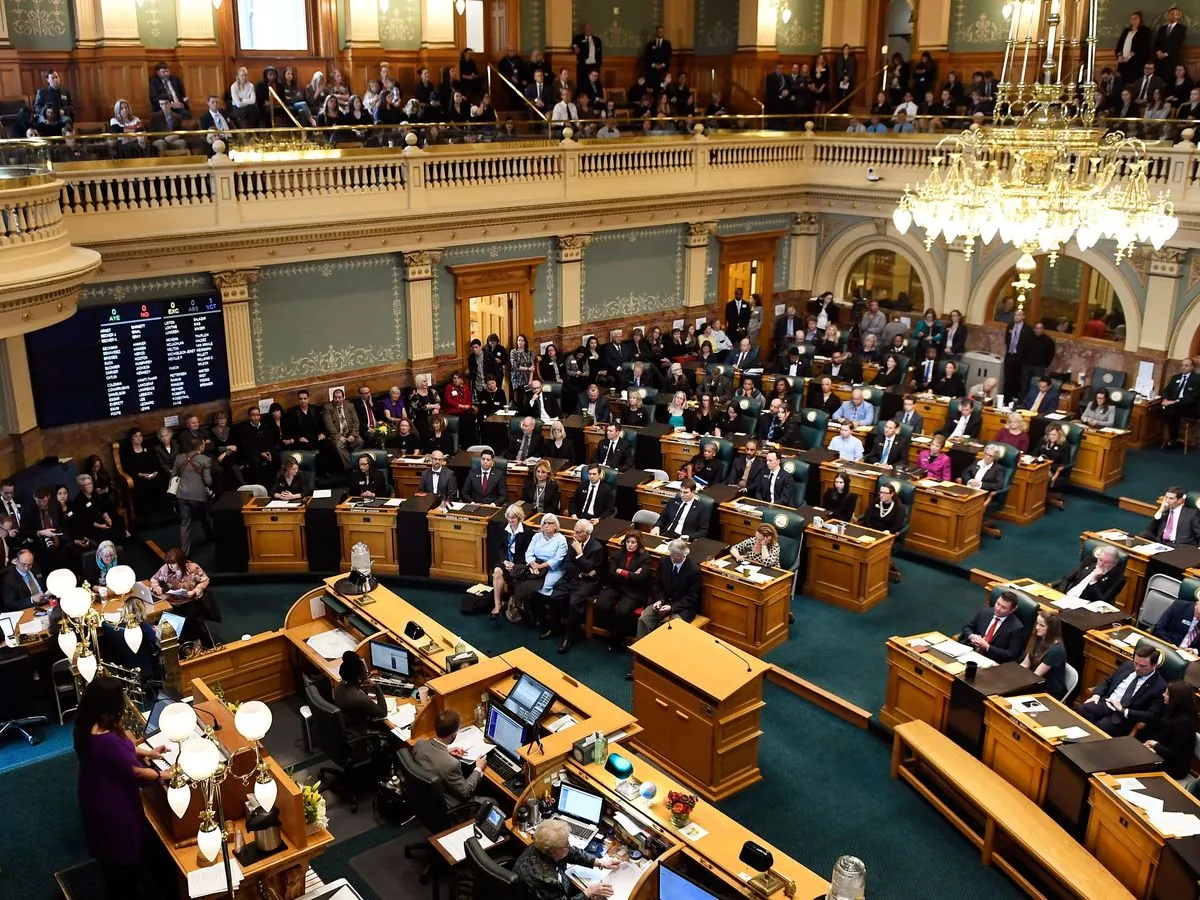Age Concerns Fade as 2024 US Election Focuses on Generational Shift
The 2024 US presidential race, initially featuring the oldest candidates in history, has shifted focus from age to generational change. New VP picks and evolving voter perceptions reshape the electoral landscape.

The 2024 US presidential election landscape has undergone a significant transformation in recent weeks. Initially set to feature Joe Biden, 81, and Donald Trump, 78, as the oldest candidates in American history, the race has shifted focus from age concerns to generational change.
A month ago, Biden withdrew from the race following a challenging debate performance, passing the Democratic nomination to Vice President Kamala Harris, 59. This move came after polls indicated that age was a more pressing issue for Biden than for Trump. A Washington Post-ABC News-Ipsos survey revealed that 58% of Americans viewed both candidates as too old for another term.
Interestingly, Trump's age perception also worsened after Biden's debate performance. YouGov polling showed an increase from 26% to over a third of Americans believing Trump's age severely limited his presidential capabilities. This shift was particularly pronounced among Democrats, possibly feeling more free to express age-related concerns.

The selection of running mates has further reshaped the generational dynamics of the race. JD Vance, chosen by Trump, becomes the first millennial on a major-party ticket. In contrast, Harris selected Minnesota Governor Tim Walz, born in 1964, representing the tail end of the baby boom generation.
"It does feel like a generational shift. And by that I mean the kinds of generational politics that the Democratic Party is trying to practice now is a real departure from years past."
Ocasio-Cortez, a key figure in energizing young voters, views the Harris-Walz ticket as a marked shift in Democratic politics, respecting the ideology of younger voters despite the candidates' ages.
While the cumulative age of the Harris-Walz ticket (120 years) slightly exceeds that of Trump-Vance (118 years), the focus has largely shifted from age to generational approach and political ideology.
This evolving narrative reflects broader trends in American politics. The average age of U.S. presidents at inauguration is about 55 years, with John F. Kennedy being the youngest elected at 43. The 2024 race, regardless of outcome, will continue to push this average higher.
As the November 5, 2024 election approaches, voters will weigh not just the candidates' ages, but their ability to bridge generational gaps and address the concerns of an increasingly diverse electorate. The race has indeed become, as the article aptly puts it, "not the same old race."


































